Saros and Returnal studio Housemarque is currently celebrating its 30th anniversary, having been established in 1995 when two separate studios – Bloodhouse and Terramarque – joined forces (and names). During its first years, Housemarque released games such as the LucasArts-inspired Alien Incident, as well as TransWorld Snowboarding. In the early 2000s, it then gave us multidirectional shooter Super Stardust HD and zombie shoot ’em up Dead Nation, to name just two.
In the subsequent years, Housemarque kept on evolving its craft, making a name for itself as a studio with a penchant for arcade-style gameplay. The 2010s saw the release of Resogun, Nex Machina, Matterfall and more. All Housemarque games, and all with that famous arcade flavour. They were skill-based, and full of a heady fast paced action-focus.
In 2021, the studio then released its biggest game to date – the BAFTA winning Returnal, a third-person shooter with relentless roguelike gameplay. And while this title was grander in scale and ambition than anything that had come before, there was no doubting it was still a Housemarque game.
The studio is currently working on another AAA release in the form of Saros, which is set for PlayStation 5 next year. Details on Saros remain slim for now, but it will be a single-player game set on a hostile, shape-shifting planet, which is haunted by an ominous eclipse.
So now, with Housemarque’s games growing in scope and direction, and despite once saying it would no longer make arcade games, how does the studio still manage to keep that arcade spirit it is known for alive?
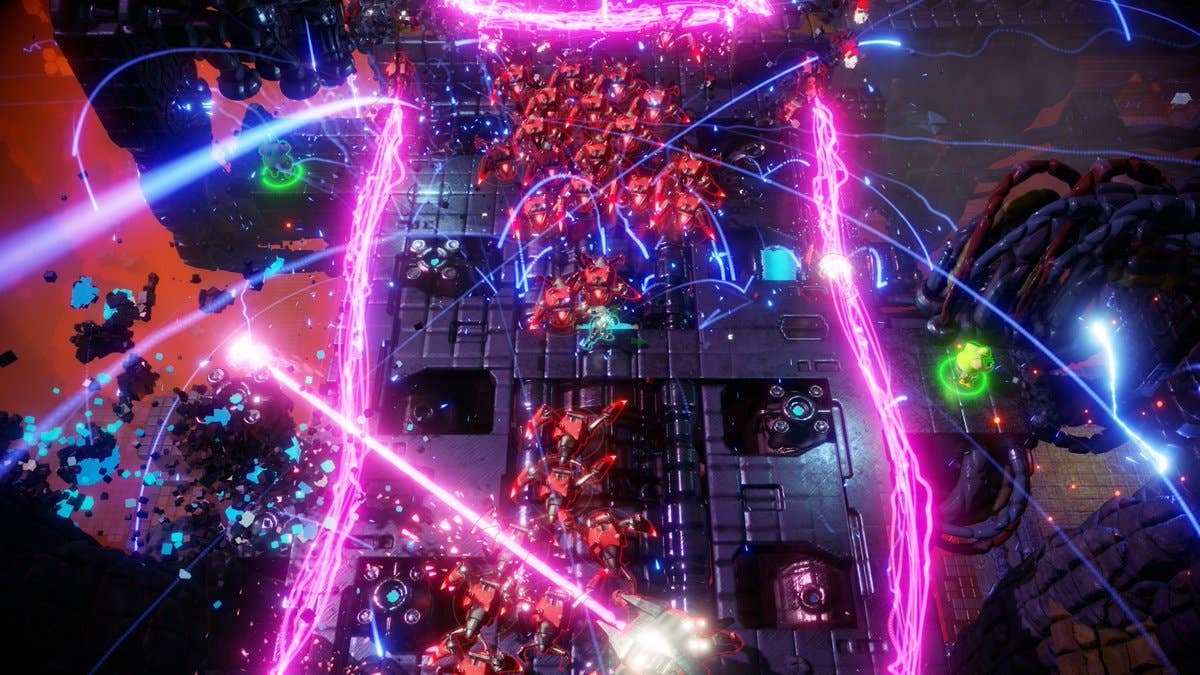
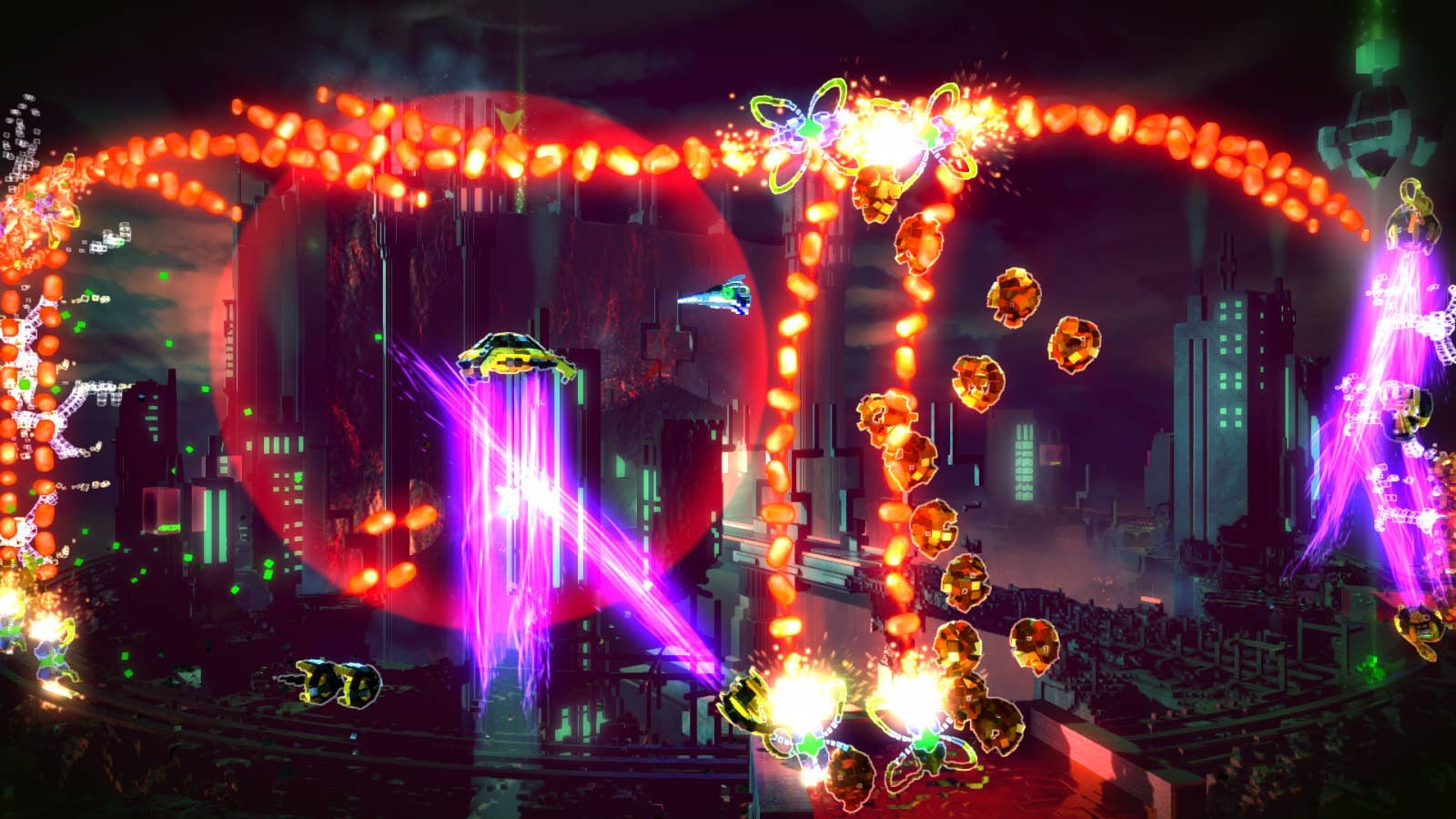
“It comes down to the studio’s DNA, and being respectful of our history and understanding what makes us special,” creative director Gregory Louden tells me during the studio’s 30th anniversary celebrations in Helsinki. “It is the fact we play like an arcade game, and we don’t compromise on that.”
The entire studio has “an incredible passion towards the idea that, the moment someone picks up a DualSense, they know it’s a Housemarque game,” he continues. “And, that’s similar to the best arcade games – when you go up to the cabinet, you can feel it instantly. So, it’s through us understanding that that’s what makes Housemarque unique. That is our voice, and for us, how can we add more elements to it.”
When it came to Returnal, Louden says “a big new pillar” was the game’s narrative. The studio wanted to add storytelling to Returnal, the creative director explains, before teasing that with Saros – a game he still can’t talk too much about – the team has again “added something else” to the Housemarque formula.
“We’re just building on top of a rock solid foundation. So, I think the arcade sensibility, in my opinion, will always be there,” Louden says. He adds that, when Saros was first revealed back in February, players immediately knew it was a Housemarque game just by the “bullets flying into the camera” during the announcement trailer.
“There’s this element of, if it’s not broken, don’t fix it. And, Housemarque games are still some of the best playing games, so why would we have no plans to not do any of that? The sensibility continues because we are so protective of it, and passionate about it.”
Studio head Ilari Kuittinen adds he believes this ‘arcade spirit’ is why Sony wanted to bring Housemarque into its family of PlayStation Studios – Housemarque is doing things that nobody else is doing.
“[We’re] a unique part of the portfolio, and hopefully expanding the audience and taking these arcade sensibilities to the masses,” he says. “I think that’s kind of our mission.”
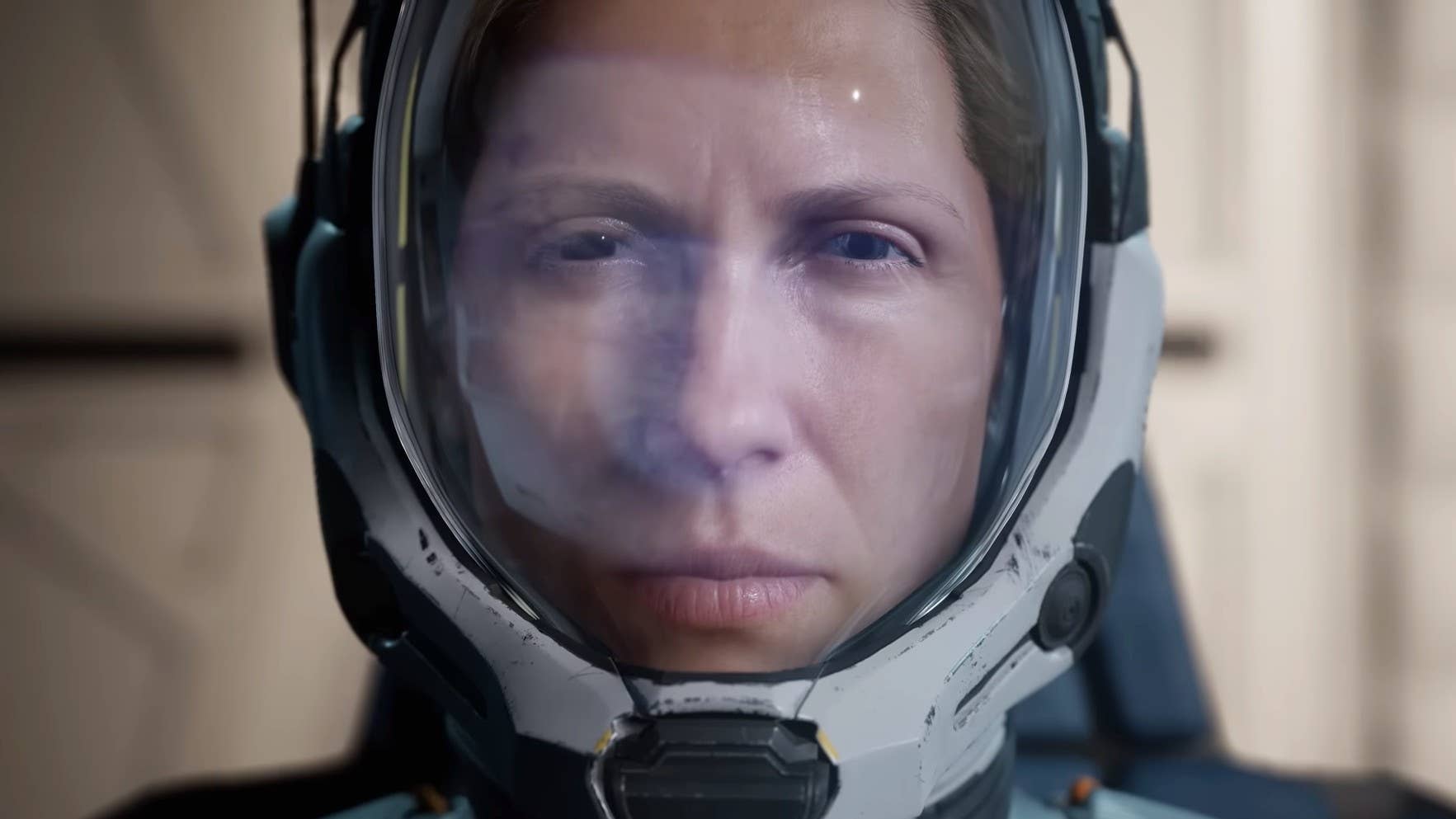
Housemarque was acquired by Sony in 2021, providing the team with “financial stability and resources”. Sony was also “very helpful” during the development of Returnal, Kuittinen says, and without this, Housemarque wouldn’t have been able to release its game. Thanks to becoming a fully-fledged member of the PlayStation Studios family, Housemarque is now able to pursue its next “dream” with Saros in earnest. “PlayStation has been supportive of our creative vision,” Louden adds. “With Returnal, they believed in this wild game.”
And was it the same for Saros, when Housemarque first pitched it? “They were like ‘yes, continue’,” says Louden.
“Whenever I see [PlayStation’s first-party lead] Herman Hulst, he says: Bring on the bullets,” Louden continues. “He’s been such a supporter of Housemarque, and our identity. There’s been very little of ‘Housemarque needs to change’. If anything, it has been ‘We bought you for a reason – you’re Housemarque, this game should be a Housemarque game’.”
Being a part of PlayStation Studios has also given the developers something beyond these more materialistic benefits. Sony’s acquisition of Housemarque almost four years ago opened the door to a network of fellow game studios, which the team could talk to and learn from. To quote Louden, it has allowed for a “supercharged Housemarque”, meaning the studio is able to push its vision further than ever before.
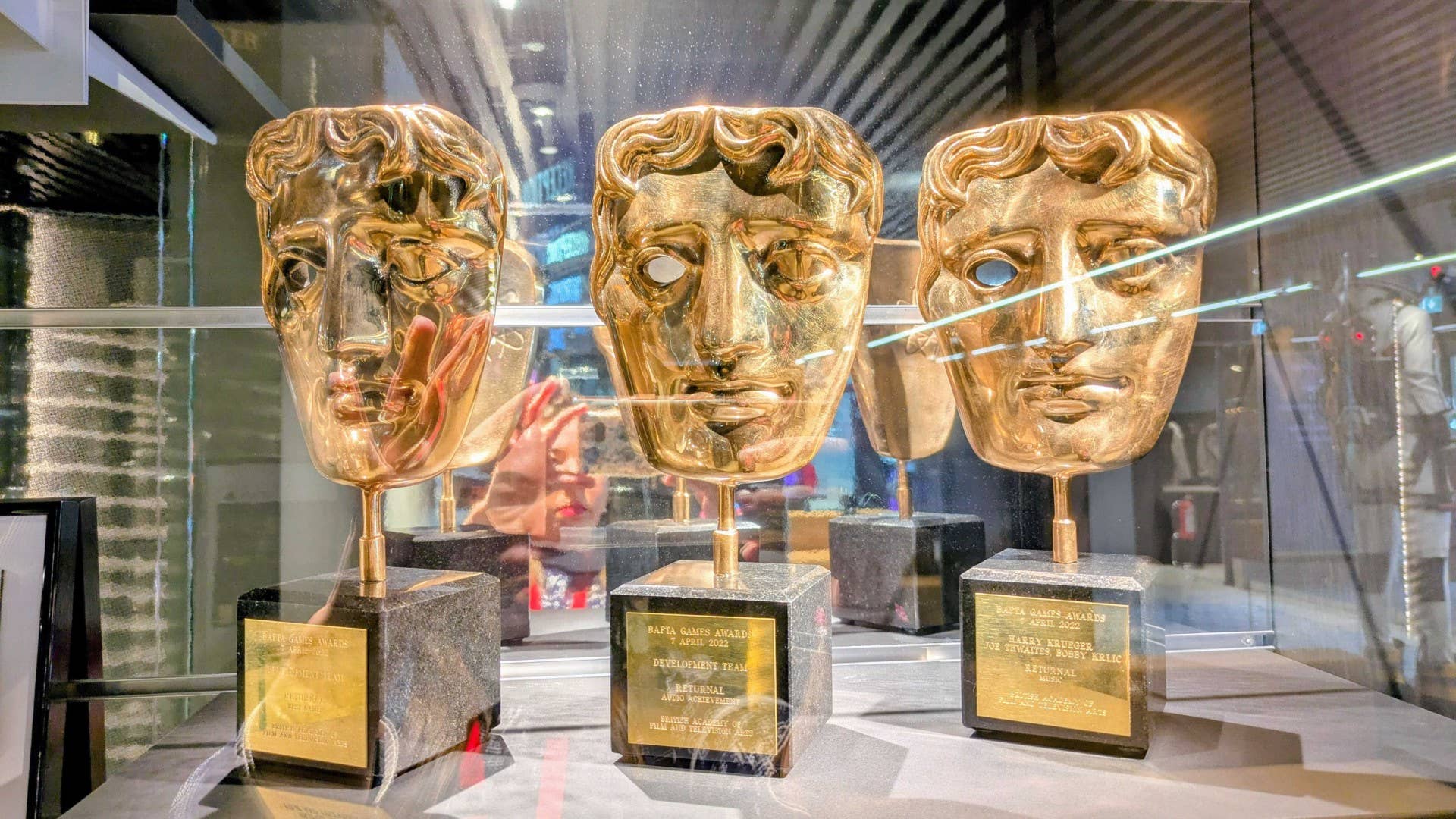
Alas, even though I ask very nicely, the developers are not able to say exactly how they are pushing Housemarque’s vision with Saros, or what their initial pitch for the game actually was. But despite this secrecy, the Housemarque leads say the studio has used learnings from Returnal to help shape its next release.
“I think when we look at Returnal, there’s all these things we know we could have done differently,” Housemarque’s brand director Mikael Haveri tells me. “Not necessarily because we did the wrong choice or anything, but more in terms of ‘ok, what gives you more of this type of experience’.”
This has seen the development team looking at measurables such as player stats, and bringing all their findings together. “Like, OK, maybe we need to give some more weapons for the next run,” Haveri elaborates. “Come Back Stronger – Saros’ slogan very much speaks on that behalf. This is a new hero, and his abilities to come back stronger – whatever that may mean – it draws from the learnings of Returnal for sure.”
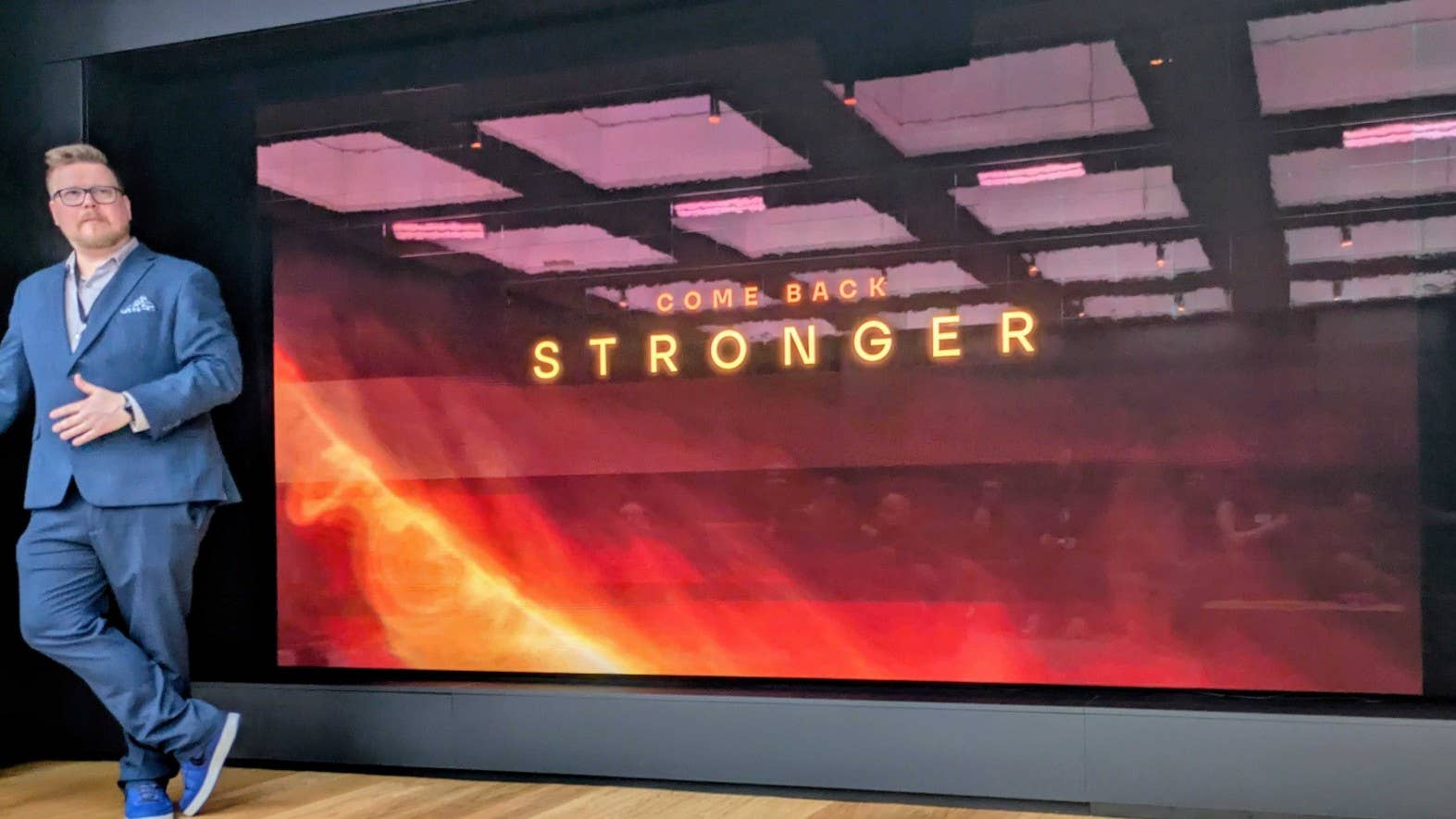
Haveri adds PlayStation’s trophies, which are often tied to bosses in games, are a good way to track how many players have completed certain areas, namechecking Returnal’s Nemesis. “That was a really nice midway point,” Haveri says. “I don’t think most people thought the game was actually ending” (at this point, I tell Haveri I absolutely did think the game was ending, because Nemesis had been my nemesis for what had felt like days, and I was so proud of myself when I finally got past her).
“But, that’s one of those things,” Haveri laughs. “How do you create experiences where after overcoming it, you feel that level of satisfaction… that doesn’t come easily. And many people were really frustrated [with Nemesis], but it’s then about ‘did they keep up with it, or didn’t they?’.
“And in essence that’s the story of Selene. It’s perseverance, overcoming these things… we want to make games where you get those feelings of satisfaction, of overcoming, and have more people come to those kinds of feelings.”
So, given Housemarque is now a full member of PlayStation Studios, and Returnal is available on Sony’s subscription service, does this mean Saros will also come to PS Plus on its release? That “remains to be seen,” Haveri replies coyly. Ah well, I tried!
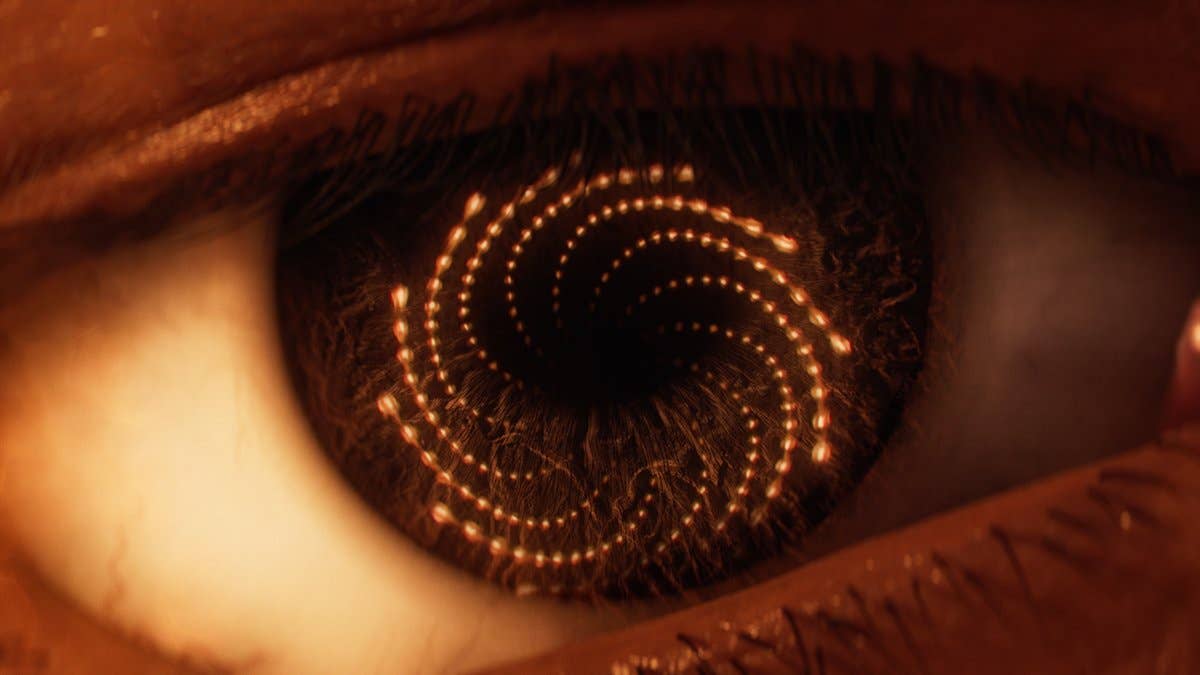
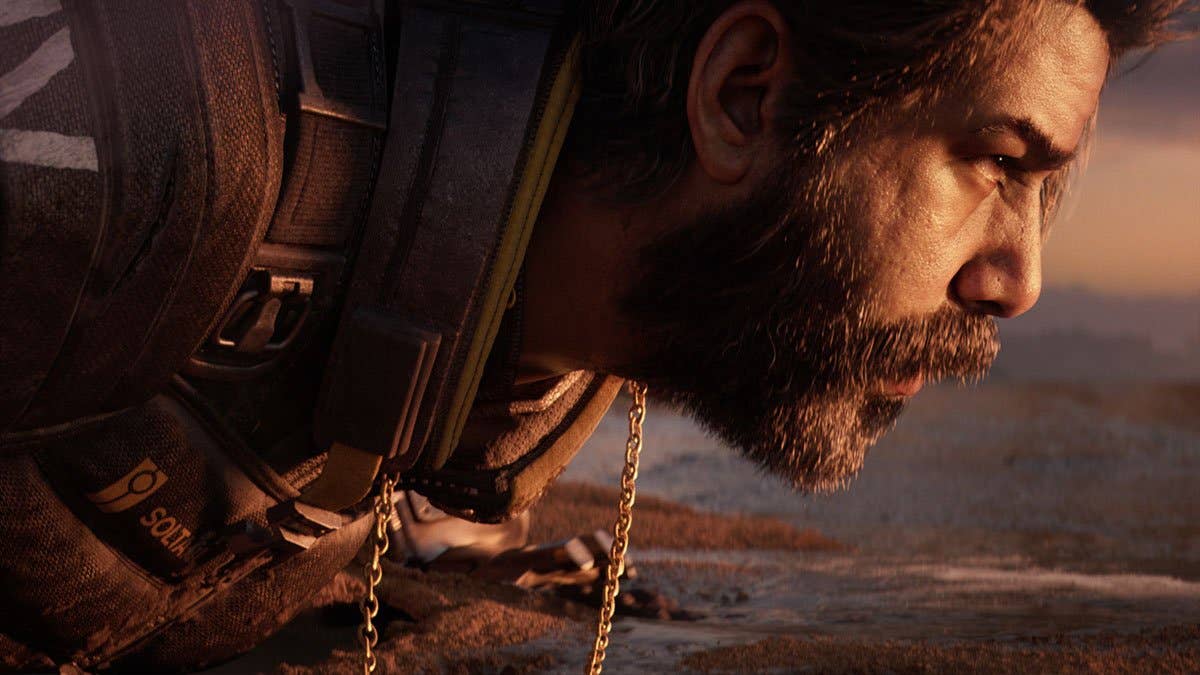
As for its next 30 years, Housemarque simply wants to continue making “amazing games” for players, and keep its momentum going.
“We are only as strong as our latest game,” Haveri says, with Louden adding: “It’s almost like a responsibility, we’re very lucky to be in the position we are in, and we should keep pushing the medium and keep showing what we can do and keep pushing our gameplay and our story and our technology, and just keep growing.
“That’s the future for the next 30 years – it’s just creating better.”